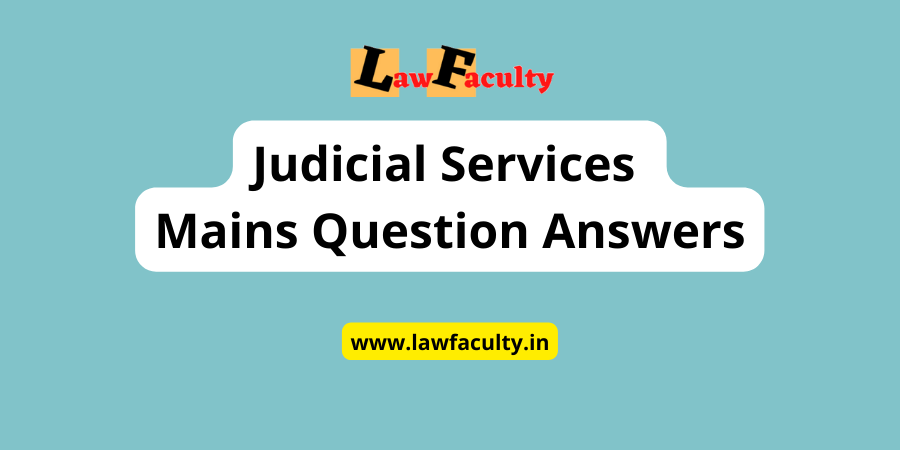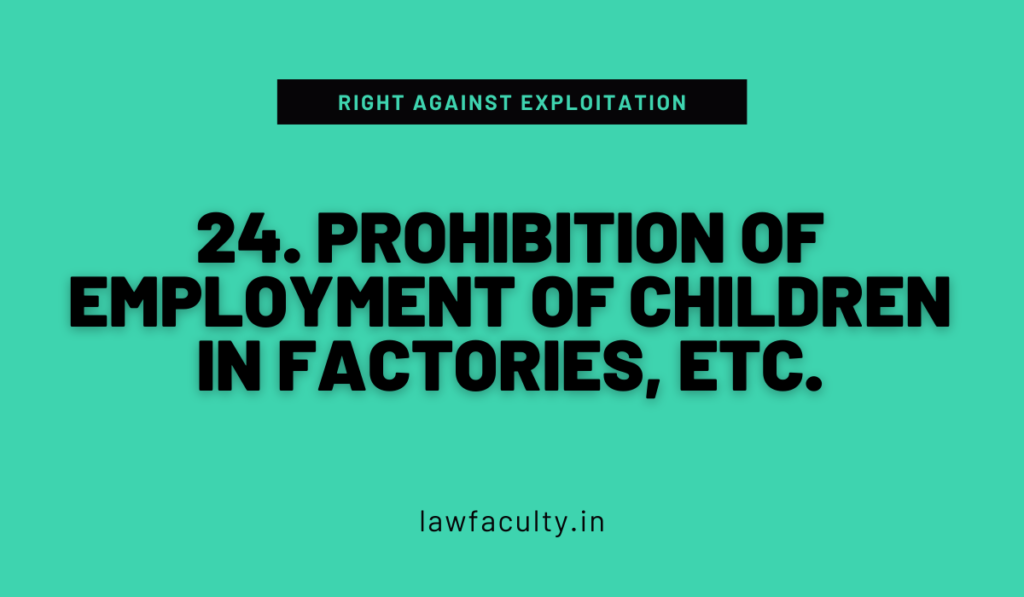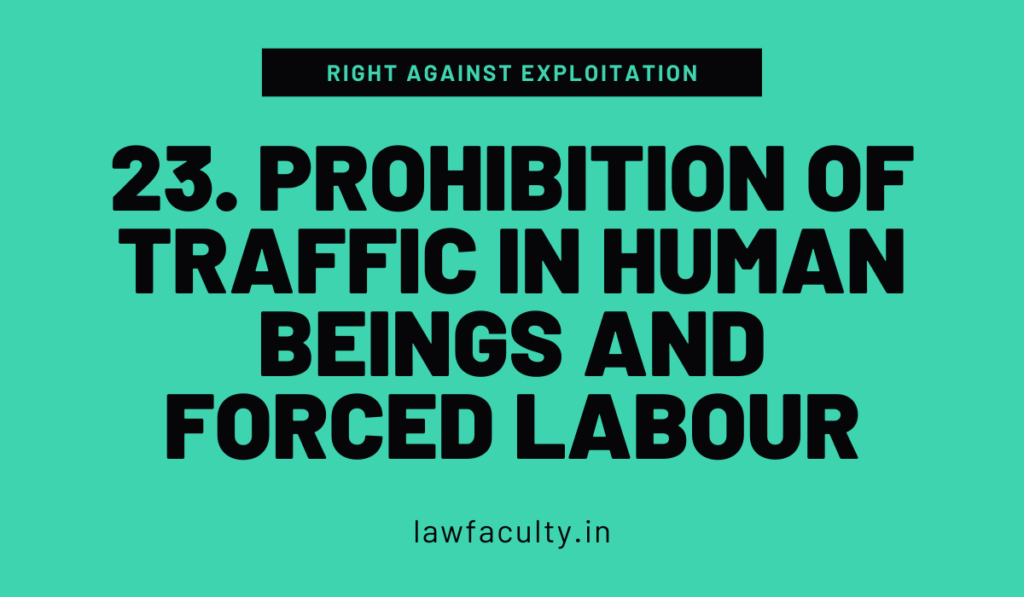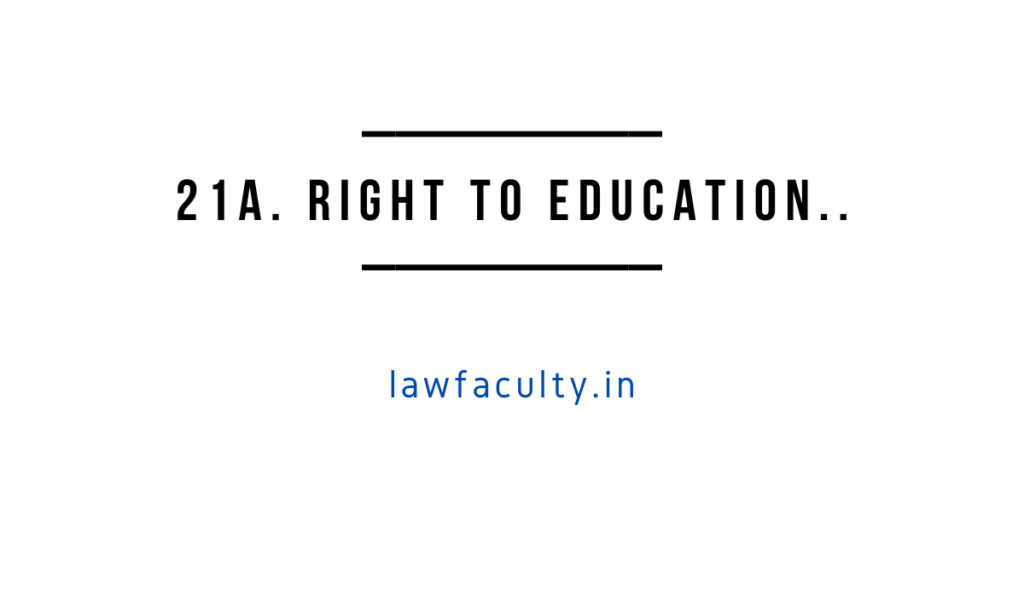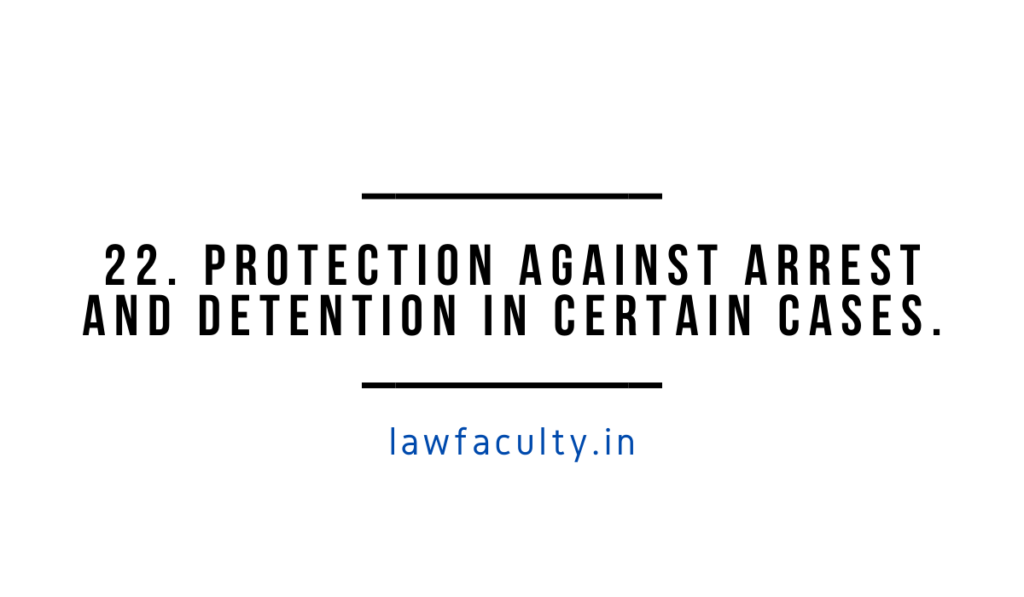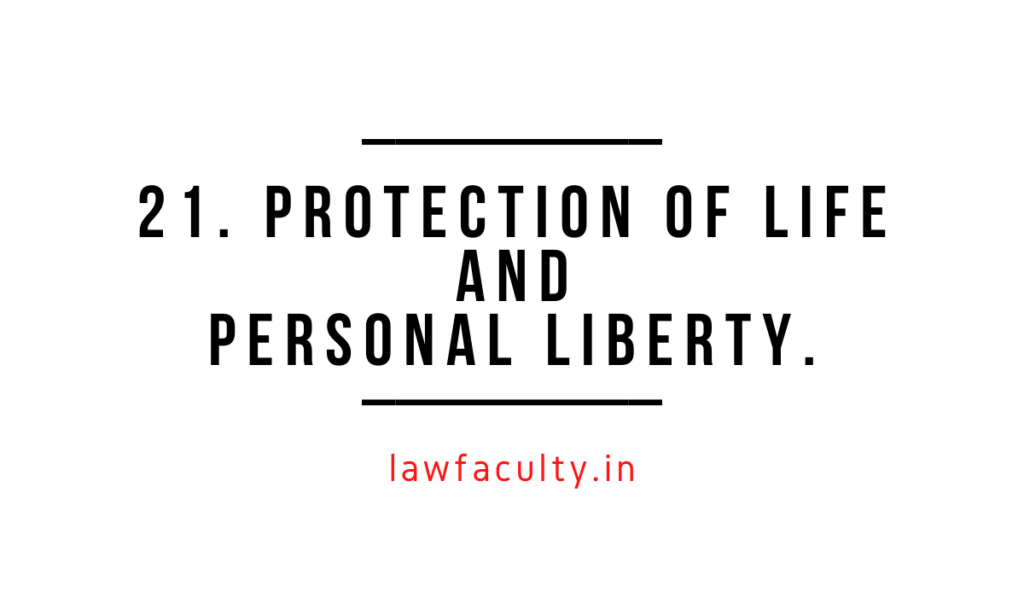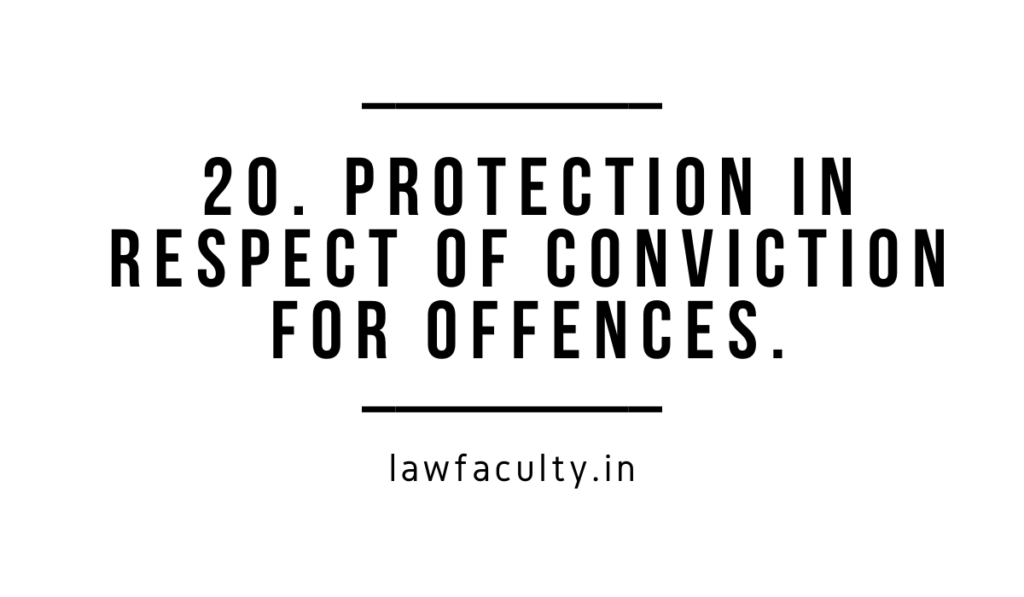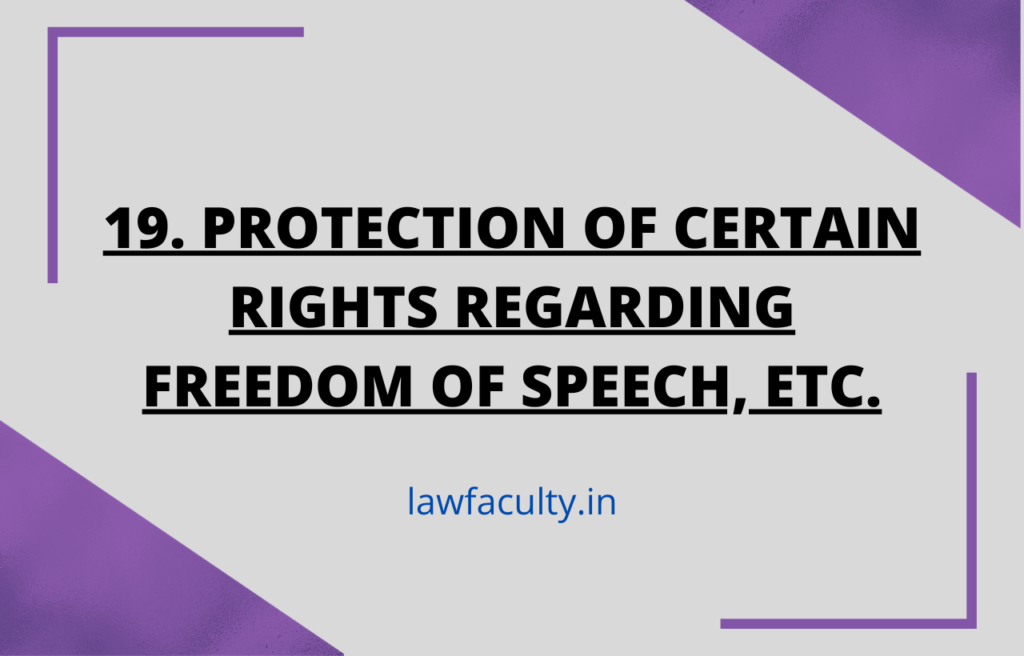“The Attorney General is the chief legal adviser and lawyer of the Government of India.” Discuss. [UPSC 2019]
“The Attorney General is the chief legal adviser and lawyer of the Government of India.” Discuss. [UPSC 2019] Ans. The Constitution under Article 76 has provided for the office of the Attorney-General for India (AGI). He is appointed by the President and holds the office during the pleasure of the President. He must be a …

